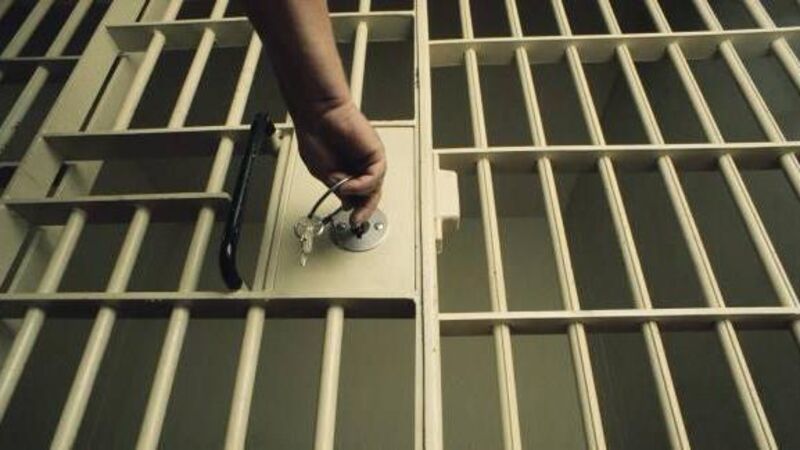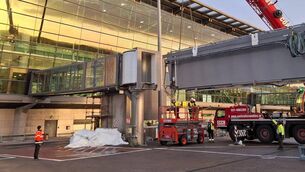Staff at Cork prison took most number of sick days, audit finds

A prison audit found that while the working environment for prison officers was different from other public servants, levels of sick leave remain “at a high level”.
THE annual cost of sick leave in the prison service has spiralled to more than €9m with a single prison responsible for more than 15% of the days lost.
An anti-fraud internal audit carried out by the Department of Justice revealed that 47,627 days were missed due to ill-health in 2019, the latest year for which figures are available.













